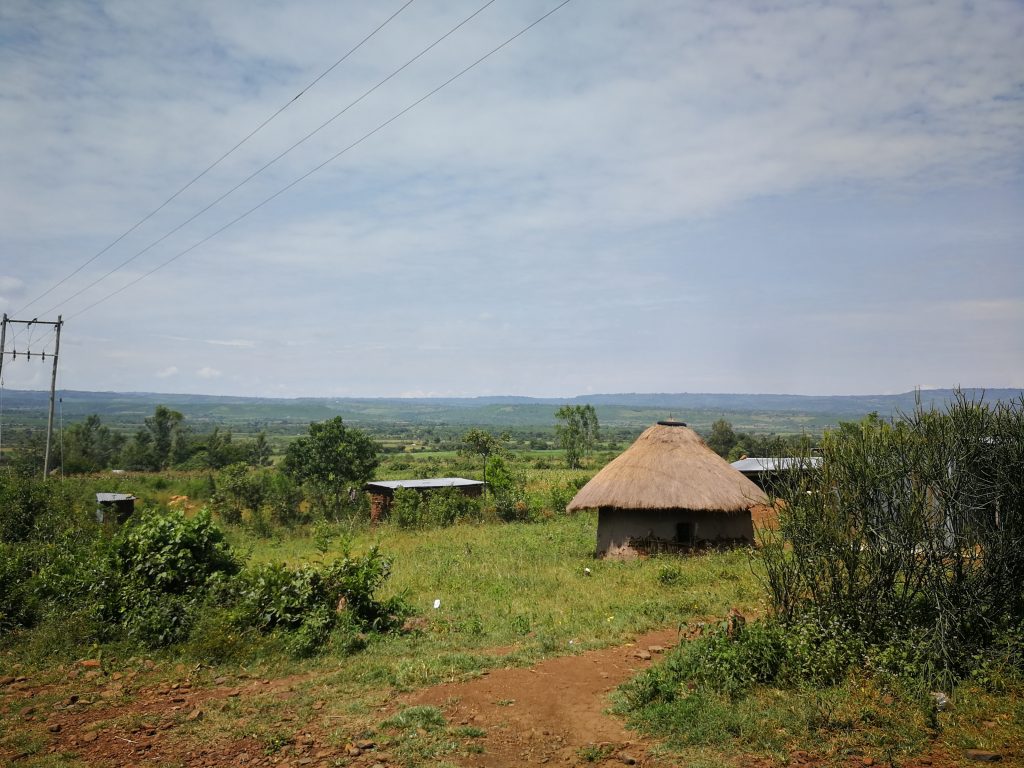So, what is a Climate-smart Village?

In the last post I outlined the concept of Climate Smart Agriculture, in this post I’ll give a brief overview of Climate-Smart Villages.
The CGIAR Research Program on Climate Change, Agriculture and Food Security (CCAFS) developed the Climate-Smart Village (CSV) approach as a way of testing agricultural technologies and practices as well as social and institutional innovations which may help communities to adapt to the impacts of climate change, increase food security and improve livelihoods.
CCAFS along with governmental, non-governmental and private sector partners work together with communities in a participative manner so that climate smart technologies and climate information services can be integrated into village development plans using local knowledge supported by local institutions.
IF you’re like to learn more about CVS’s I’d highly recomment reading this article by Aggarwal et al where they explain how CVS’s aim to help researchers and communities to do the following.
1. Understand the effectiveness of a variety of CSA options (practices, technologies, services, programs, and policies) not only to enhance productivity and raise incomes, but also to build climate resilience, increase adaptive capacity, and wherever possible, reduce GHG emissions;
2. Develop (no regrets) solutions in anticipation of futureclimate change impacts;
3. Understand the socioeconomic, gender, and biophysical constraints and enablers for adoption; and
4. Test and identify successful adoption incentives, finance opportunities, institutional arrangements, and scaling out/up mechanisms while ensuring alignment with local and national knowledge, institutions, and development plans.
I highly recommend reading This booklet (which contains a section on the Nyando CSV site where my own research is based) that outlines how CSV’s in East Africa are helping farmers to improve their livelihoods, food security and adaptive capacity, as well as watching to video below, both produced by the CGIAR Global CCAFS program.